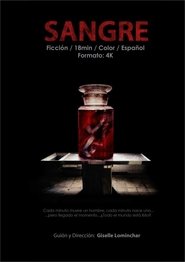detail profile lola amores
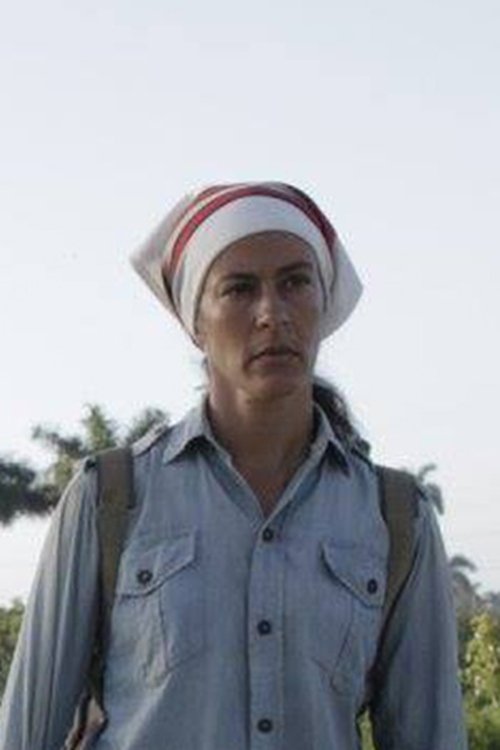
Lola Amores
Lola Amores Rodríguez
atau dikenal sebagai
Info Pribadi
Peran Yang Di Mainkan Lola Amores
 Alex and Edith a young couple...
Alex and Edith a young couple...Oceans Are the Real Continents 2023
Alex and Edith, a young couple in their 30s, live their relationship made up of small gestures and everyday life among the ruins of Cuban buildings. Milagros, an elderly woman now retired, tries to survive by selling peanuts and spends her days listening to the radio and reading old letters. Frank and Alain, two nine-year-old friends, go to school and dream of emigrating together to the United States to become Major League Baseball players. Against the backdrop of San Antonio De Los Baños, a town in inland Cuba where time seems to stand still, these three narratives and their respective worlds unfold. Over this mosaic of contemporaneity, however, brought to life through the characters' memories, hovers the specter of separation, the true great scourge of Cuban society.
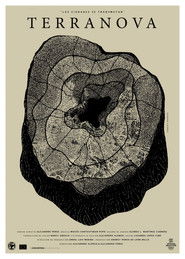 The city dissolves itself in the...
The city dissolves itself in the...Terranova 2021
The city dissolves itself in the same way it was created. With each movement, its inhabitants are preparing to leave to another place, while forming the newton image.
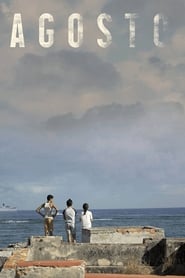 Cuba summer of 1994 In the midst...
Cuba summer of 1994 In the midst...August 2019
Cuba, summer of 1994. In the midst of período especial, one of the greatest crises in the country’s history, thousands of Cuban rafters try to reach the United States illegally, never sure if they’ll make it out alive. With holidays starting, Carlos plunges into a carefree August, wandering around with his friends and falling in love for the first time. Little does he know about the country’s uncertain future, and in this hot summer, the world of Carlos will turn upside down.
 Santa a peasant woman loyal to...
Santa a peasant woman loyal to...Santa & Andres 2016
Santa, a peasant woman loyal to the Revolution, is sent to guard Andrés, a gay writer who is under house arrest, considered “ untrustworthy” for his ideas and sexuality by the Cuban authorities. Set in a small village in eastern Cuba during the early 1980s, this poignant political drama depicts an encounter between two deeply thoughtful souls on opposite sides of a profound cultural divide. Both have experienced deep loss, and both know the damaging effects of isolation and oppression. Even so, the cavernous ideological divide separating them — the same one that has separated Cuban friends and kin for over 50 years — has until now seemed insurmountable.

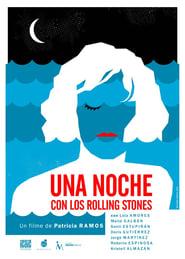 Rita a woman in the crisis...
Rita a woman in the crisis... Yolanda a Cuban woman goes from...
Yolanda a Cuban woman goes from... Maniac Miki follows Miki and his...
Maniac Miki follows Miki and his...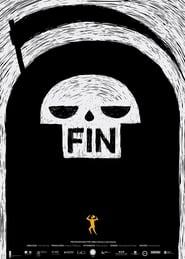 Juan is dead Surprisingly he is...
Juan is dead Surprisingly he is...